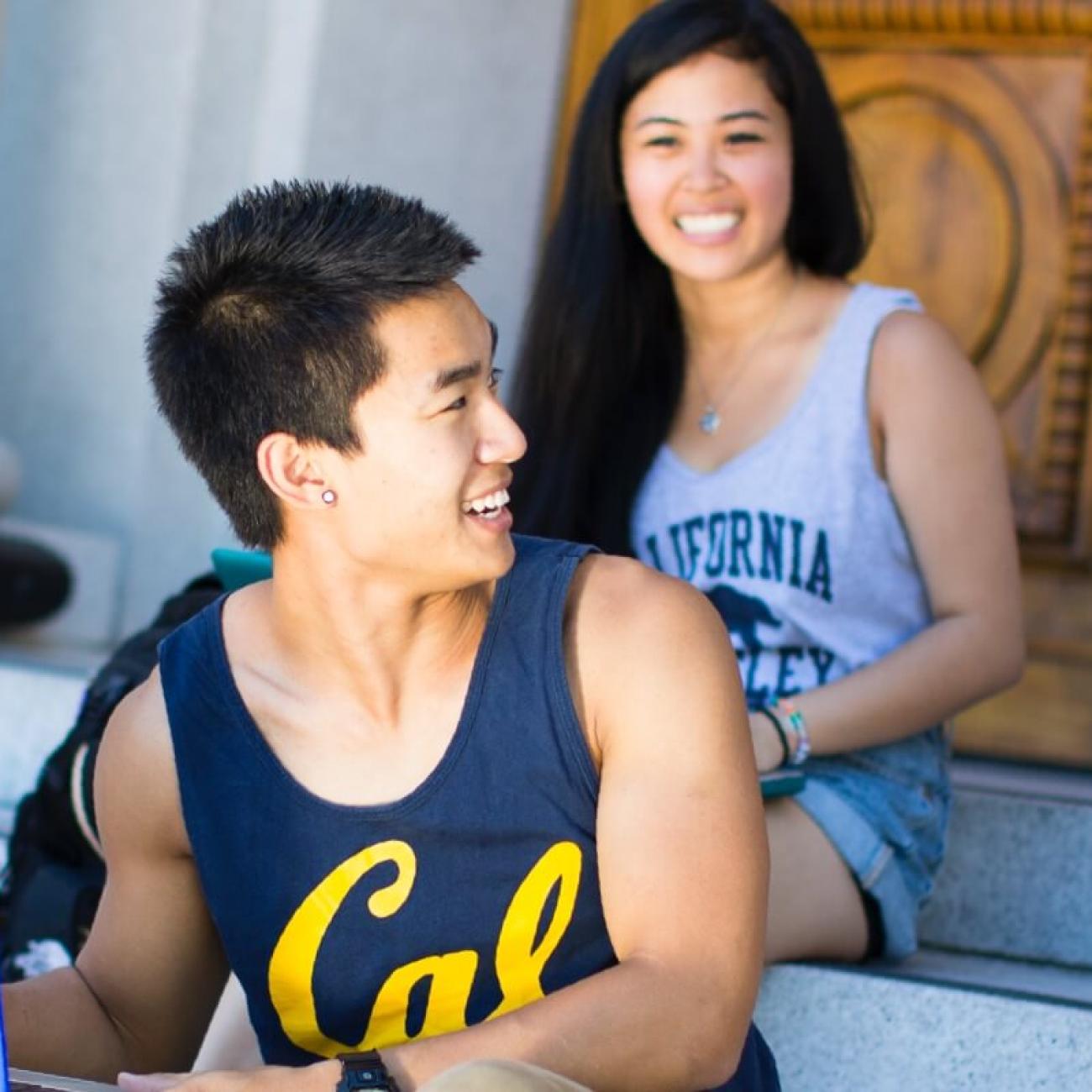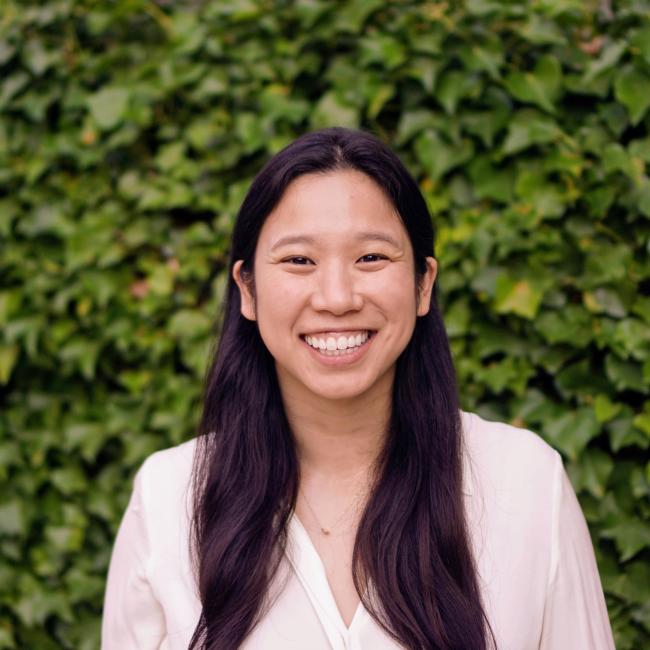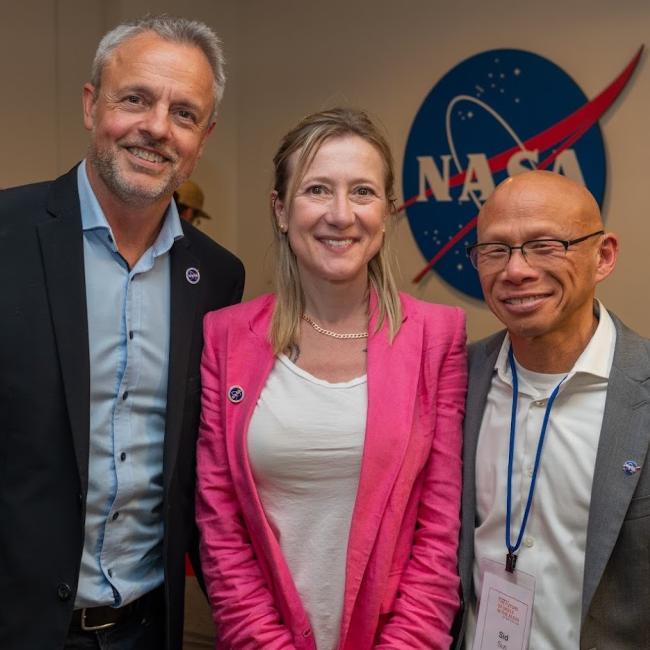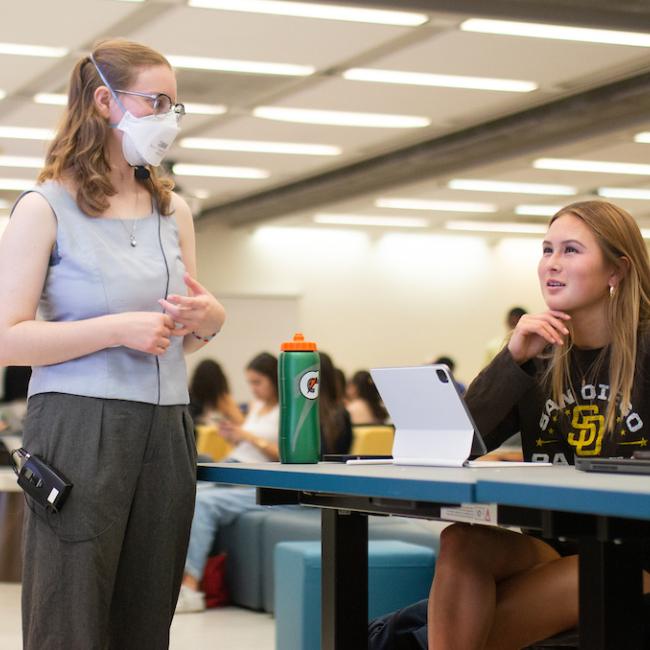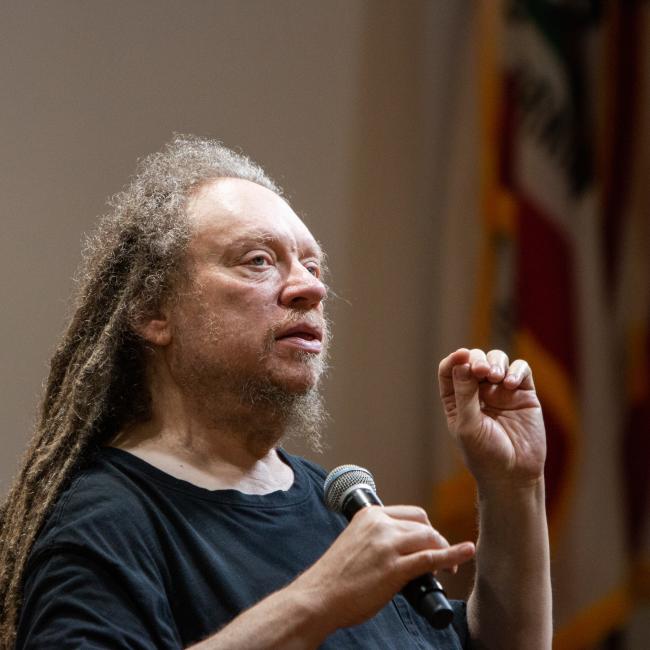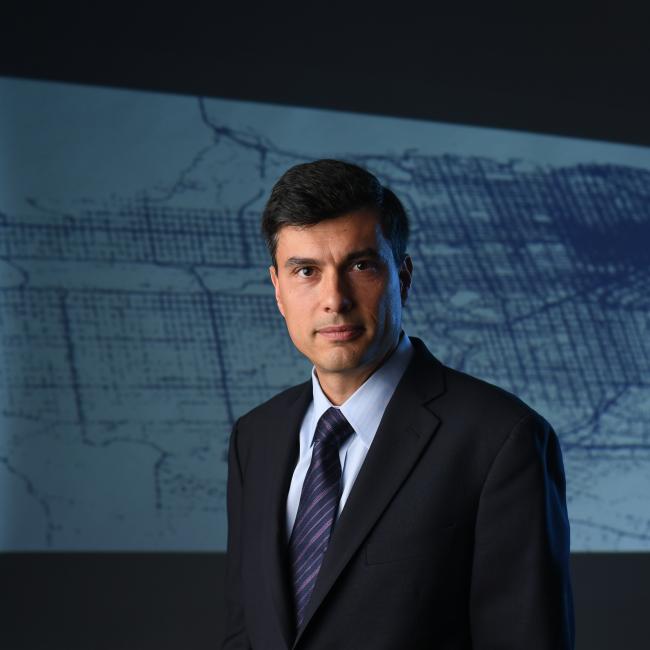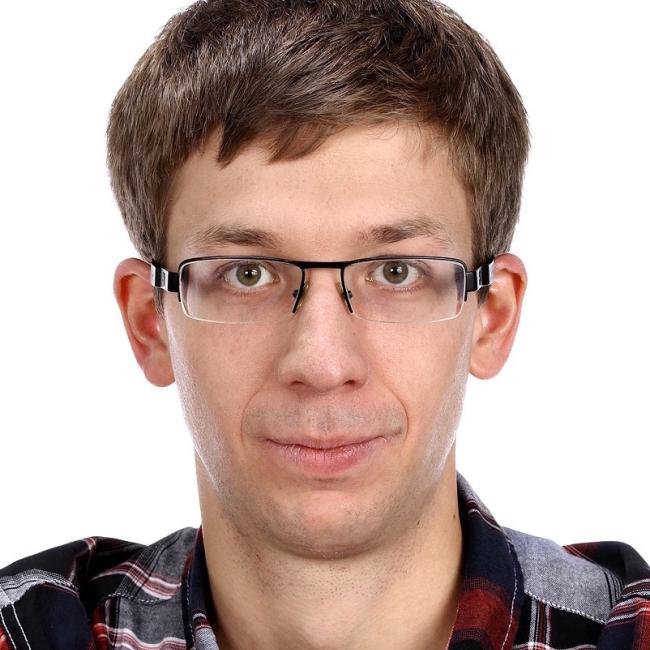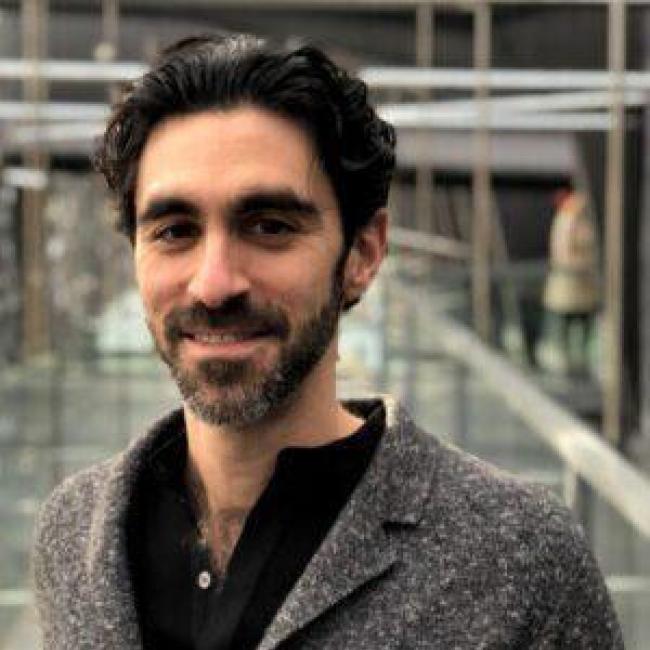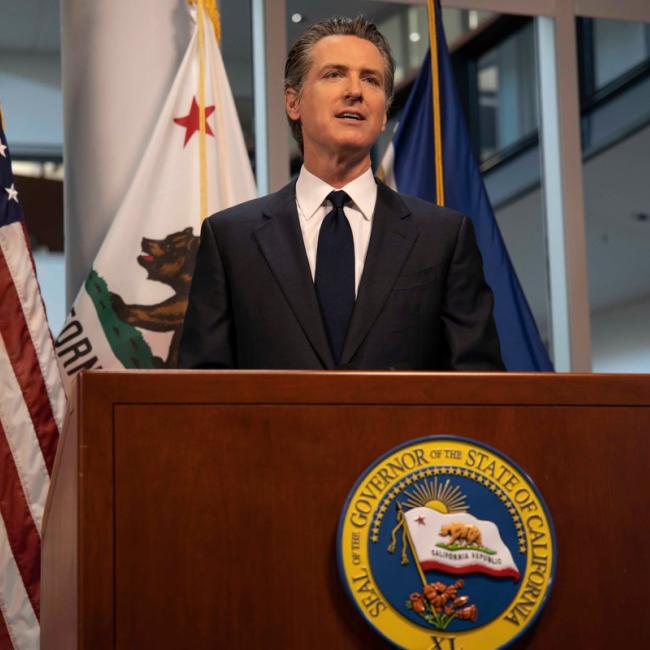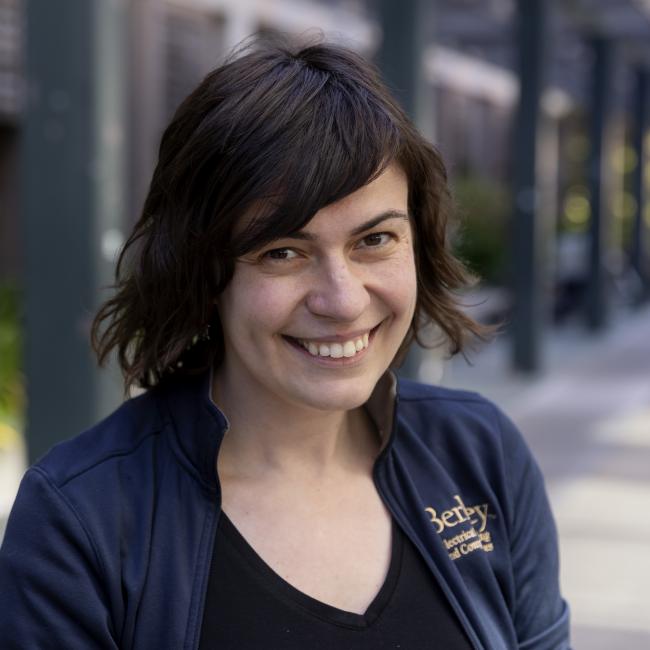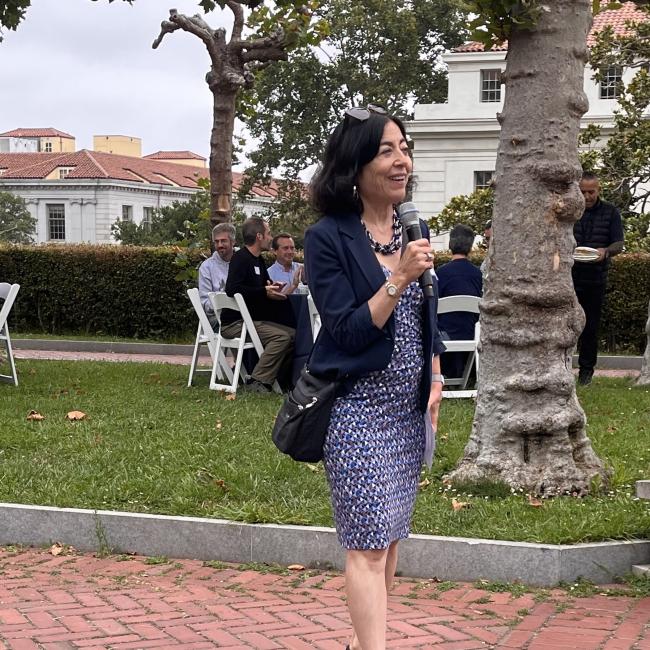An expert shares how AI could help doctors treat domestic violence victims
Artificial intelligence tools present many risks for society. But this technology also presents opportunities, like improving medical treatment for victims of intimate partner violence. Ten million people are physically abused each year by a domestic partner, and 20,000 calls are placed every day to related hotlines, according to the National Coalition Against Domestic Violence. This Domestic Violence Awareness Month, we spoke to a researcher who believes her AI work could eventually help doctors support victims of intimate partner violence. Irene Chen is an assistant professor at UC Berkeley and UC San Francisco (UCSF) in Computational Precision Health and is affiliated with Berkeley's Department of Electrical Engineering and Computer Sciences.
UC Berkeley, government, industry leaders discuss future skills in AI era
Leaders from academia, government and industry met last week to discuss how AI will change the in-demand skill sets of tomorrow. Experts at The Future of Skills in the AI Era inaugural symposium on Sept. 22 also spoke about preparing society to fill those needs and developing ethical guidelines for human-compatible technologies. Participants included California Secretary of Government Operations Amy Tong, California Privacy Protection Agency Executive Director Ashkan Soltani, NASA Ames Research Center Acting Deputy Director David Korsmeyer, Nvidia Global AI Senior Scientist Alison Lowndes, and European Union, French and Ukrainian officials. The one-day event at National Aeronautics and Space Administration’s Ames Research Center in Moffett Field, Calif., was organized by NASA, Berkeley’s Fisher Center for Business Analytics in the Haas School of Business, and the new College of Computing, Data Science, and Society (CDSS).
This statistics class turns large lectures into chances for connection
Welcome to Stat 20, an introductory probability and statistics course and one of the few “flipped” classes at UC Berkeley. Students are introduced to new concepts through their homework and tackle practice problems during “lecture” sections. The format aims to improve comprehension, connection and attendance. A flipped classroom approach isn’t new, with decades’ worth of research proving its effectiveness. But classes like Stat 20 put a Berkeley spin on that model. As many educators work to reimagine the post-pandemic classroom, this structure offers one pathway to tackle large lectures differently and “humanize” these kinds of courses.
Jaron Lanier wants you to stop saying ‘AI’
Microsoft’s prime unifying scientist has a message: “Artificial intelligence” does not exist. At a Sept. 13 lecture at UC Berkeley, Jaron Lanier urged the audience to look past what they learned from science fiction as children and stop treating AI systems as entities. Instead, they should talk about the tools as social collaborations trained on materials by people. “It doesn’t matter technically,” Lanier said. But “if you analyze it on those terms, you have a much more actionable way of understanding it, and if you integrate it into society on those terms you have a brighter and more actionable set of paths open for the future of society.”
What opportunities do robo-taxis in San Francisco offer? Experts explain.
Hundreds of self-driving cars have flooded San Francisco streets following a recent state decision that allowed certain ‘robo-taxis’ to operate 24 hours a day and to charge passengers. This new reality could provide data that helps vet decades of theory about autonomous vehicles and how they fit into society, UC Berkeley academics said. This moment also offers an opportunity to reimagine what accessibility and equality looks like in transportation. “Technology has the potential to provide powerful strategies to address a number of societal issues. However, advanced technology also has the ability to divide,” said Susan Shaheen, co-director of UC Berkeley’s Transportation Sustainability Research Center and a civil and environmental engineering professor. “That's something we really need to be conscious of as we move forward.”
CDSS welcomes seven new faculty to the college community
UC Berkeley’s College of Computing, Data Science, and Society is welcoming seven new faculty to its community this fall. The scholars are working to improve areas from clinical healthcare to software delivery using statistics, computer science and data science. Three are Berkeley alumni, who will now help shape the next generation of leaders in their fields at their alma mater. “These faculty members reflect UC Berkeley’s reputation for all-around excellence and the College of Computing, Data Science, and Society’s dedication to harnessing technological approaches to solving societal problems,” said Jennifer Chayes, dean of the college. “We’re thrilled to add them to our community.”
TIME 100 most influential people in AI list includes CDSS community members
TIME included three UC Berkeley College of Computing, Data Science, and Society community members in its inaugural list of the 100 most influential people in AI. Those individuals include Inioluwa Deborah Raji, a Ph.D. student in Berkeley’s Department of Electrical Engineering and Computer Sciences (EECS); Stuart Russell, a professor in EECS; and Ziad Obermeyer, an associate professor in Berkeley’s School of Public Health and faculty member for the Berkeley-UCSF Computational Precision Health program.
California agencies, UC Berkeley, Stanford to study generative AI impacts
California agencies will collaborate with UC Berkeley and Stanford University to study the impacts of generative AI on the state and its workforce, according to a new executive order signed by Governor Gavin Newsom. The Governor's Office of Business and Economic Development, in consultation with the Government Operations Agency, will pursue a partnership with Berkeley’s College of Computing, Data Science, and Society (CDSS) and Stanford’s Institute for Human-Centered Artificial Intelligence. The agencies will work with the two university leads to develop and host a related summit in 2024. “We’re at a critical moment in the development and widespread use of artificial intelligence tools,” said Jennifer Chayes, dean of CDSS. “It’s our responsibility to ensure that technological breakthroughs represent the interests and needs of the public. We’re honored to be a part of this State of California effort to address the opportunities and challenges of AI.”
AI speaker series to explore discoveries, societal impacts and future
“The AI arms race is changing everything,” an article published in TIME said earlier this year. In May, The Washington Post reported, “AI is changing jobs across industries. Here’s what to expect.” And Yahoo! Finance asserted in June, “The first half of this year has been all about AI.” These headlines illustrate the public’s newfound focus on artificial intelligence’s presence and power in their lives. Meeting this moment, three University of California and UC Berkeley institutions will host a fall speaker series to inform and engage researchers, students and others in discussions about AI and the opportunities and risks related to it. "Our distinguished lecture series offers expert insights on the implications of AI as well as practical applications that have a positive impact on society," said Costas Spanos, director of the Center for Information Technology Research in the Interest of Society and the Banatao Institute (CITRIS). “It aims to inspire critical thinking and spark dialogue with the broader community.”
CDSS community gathers to celebrate new school year, first fall as a college
Staff, faculty and partners of UC Berkeley’s College of Computing, Data Science, and Society (CDSS) celebrated the college’s inaugural school year at a picnic last week. Standing on the Campanile Esplanade in the center of campus, CDSS Dean Jennifer Chayes thanked the more than 130 attendees for their help in making CDSS the first new college at Berkeley in more than 50 years. Guests wearing blue hats embroidered with the college’s name cheered as Chayes shouted out each of their departments and organizations and acknowledged their role in CDSS’s creation. “This never would have happened without all of you,” said Chayes. “You have been working tirelessly the entire time you’ve been in CDSS and really before the college came into being.”

